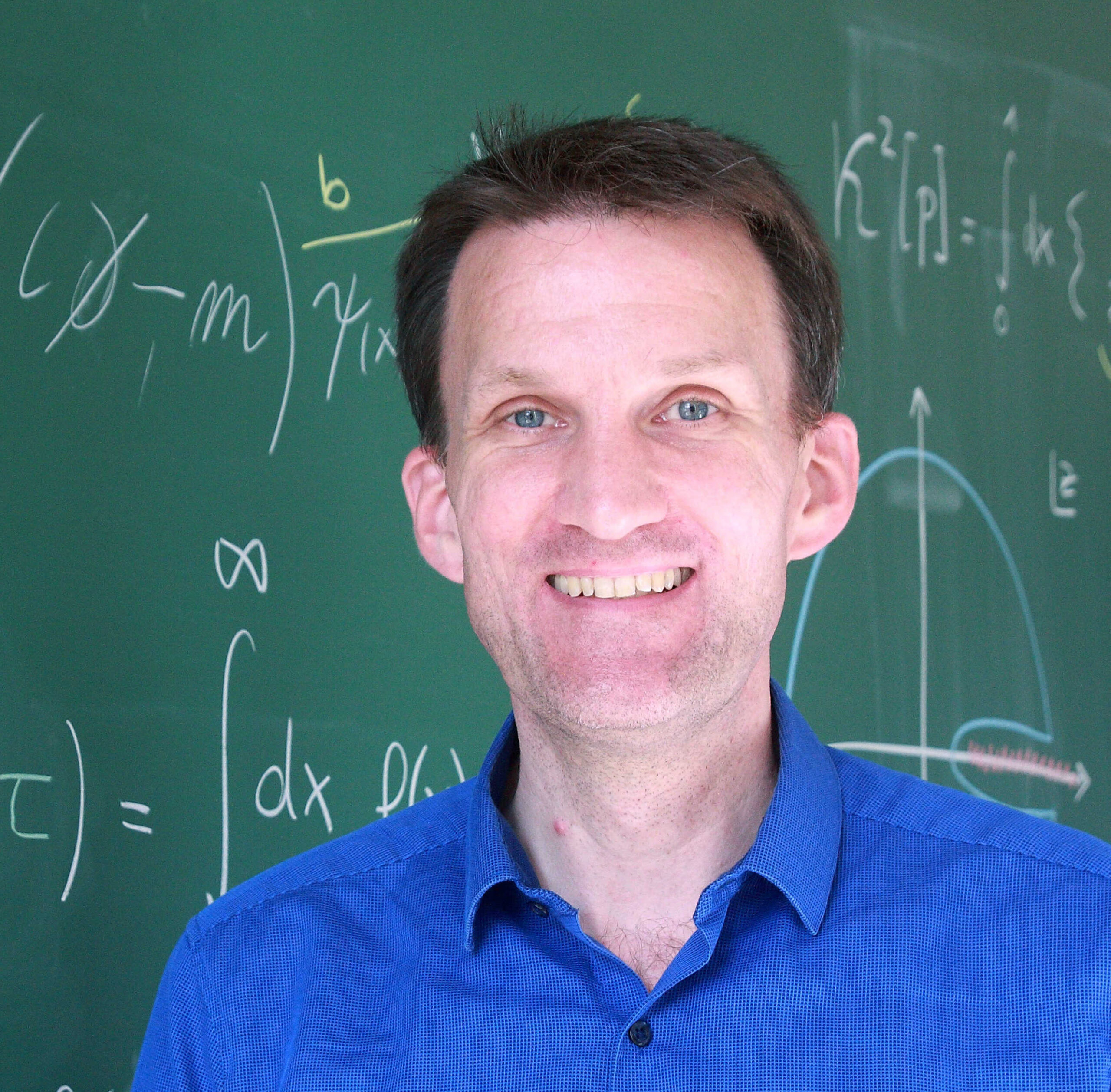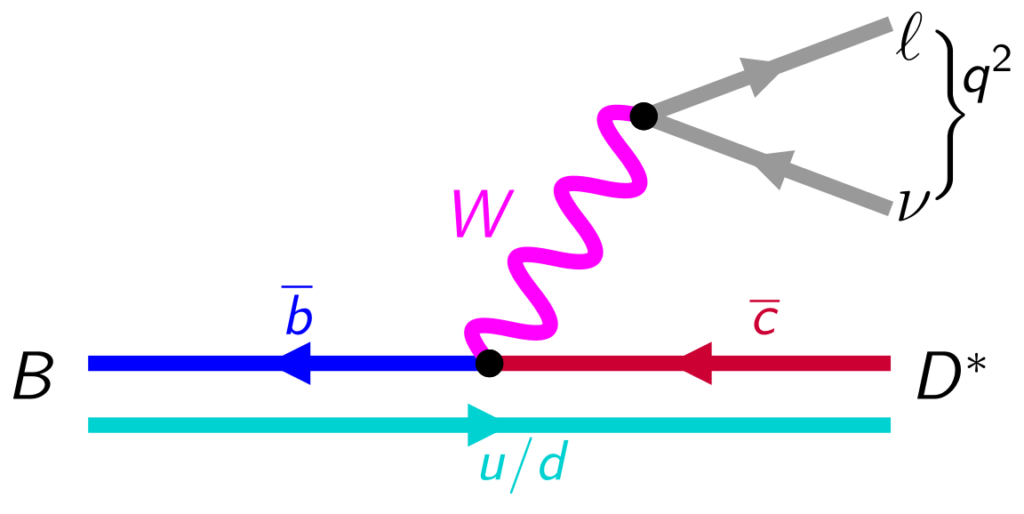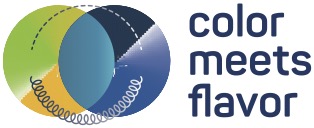Curriculum Vitae
- Studying Physics at the University Leipzig, Germany, and spending two semesters as an exchange student at Carleton University Ottawa, Canada. Diploma thesis under the supervision of Prof. Bodo Geyer (Theoretical Particle Physics)
- PhD under the supervision of Prof. Dr. Uli Wolff (Computational Physics) at the Humboldt Universität zu Berlin
- Research positions at the High Energy Theory Group at Brookhaven National Laboratory, Upton, NY, USA, Center for Computational Science at Boston University, Boston, MA, USA, the Higgs Centre for Theoretical Physics at the University of Edinburgh, Scotland, UK, (Marie Sklodowska-Curie fellow), and the Theory group at the University of Colorado Boulder, CO, USA
- Akademischer Rat in the group of Prof. Dr. Alexander Lenz, Theoretical Particle Physics, University of Siegen
Contact
Oliver Witzel, ENC-B 118, Tel.: 0271/740-3703, E-Mail: oliver.witzel@uni-siegen.de

Research projects and collaborations
My research uses lattice field theory simulations to numerically determine contributions form or properties of a strongly interacting sector. The strong interactions between quarks and gluons in the standard model of elementary particle physics are the prime example for strong interactions and the need of nonperturbative methods to reliably calculate decay constants, form factor, or bag parameters which are critical inputs to extract phenomenologically relevant quantities such as Cabibbo-Kobayashi-Maskawa (CKM) matrix elements. Lattice field theory is an ab initio method with systematically improvable uncertainties allowing to perform simulations at strong (nonperturbative) as well as weak (perturbative) coupling. Moreover, lattice field theory can be used to explore systems differing from the standard model by varying e.g. the gauge group, the number of light flavors, or the fermion representation. This allows to explore strongly coupled candidate theories targeting e.g. scenarios with a composite Higgs boson or composite dark matter.
RBC-UKQCD
- Since 2008 I am a member of the RBC-UKQCD collaboration and have been a key player in the heavy flavor program
- Current projects focus on calculating form factors for exclusive semileptonic B and Bs meson decays
- The latest published work targets Bs -> K l nu decays
Phys.Rev.D 107 (2023) 11, 114512 - Actively we are exploring the extraction of vector final states using the narrow width approximation which is e.g. suitable to describe B-> D* l nu decays

Gradient flow
- Gradient flow is powerful tool which certainly has much more to offer than defining a lattice scale
- In collaboration with Anna Hasenfratz and Claudio Rebbi we used gradient flow to define a renormalized coupling and determine nonperturbatively the renormalization group (RG) beta function for SU(3) gauge systems with different number of flavors to explore the onset of the conformal window cf.
Phys.Rev.D 107 (2023) 11, 114508
Phys.Rev.D 106 (2022) 11, 114509 - Within our CRC we are exploring the use of gradient flow in combination with the short flow time expansion (SFTX) to obtain first lattice results for heavy meson lifetimes. The status of this work is summarized in arXiv:2409.18891

- Since 2011 I am part of the LSD collaboration and have been exploring different models featuring a composite Higgs scenario which favor a setup with near-conformal gauge theories
- Exploring properties of near-conformal gauge theories is highly nontrivial because in addition to the need of nonperturbative simulations to explore strong dynamics also vastly different scales have to be accommodated
- Resolving the nature of SU(3) with 8 dynamical flavors and scrutinizing tantalizing signs of a new phase with symmetric mass generation (SMG) is at present in the center of our attention

- Together with our colleagues at the University of Bonn, the Technical University Dortmund, and Forschungszentrum Jülich we are actively developing avenues of research to tie e.g. the experimental research program in B-physics by LHCb and Belle II to the theoretical expertise in phenomenology and on the lattice in order to shed light on the B-anomalies and improve determinations of standard model parameters
- On the computational front we are in close exchange with our colleagues in Bonn and Jülich to push lattice simulations on state-of-the-art supercomputers as well as explore the use of noval quantum computing devices
Teaching
Vorlesung und Übung im Wintersemester 2024/25
Einführung Computereinsatz in der Physik
- Vorlesung: Dienstag 12:30 — 14:00 Uhr ENC-D120
- Übung 1: Dienstag 14:15 — 15:45 Uhr ENC-D224
- Übung 2: Mittwoch 10:15 — 11:45 Uhr ENC-D120
- Skript/Folien zur Vorlesung und Übungsblätter finden Sie auf Moodle.
LQCD project as part of the Masterlab course
Vorlesung und Übung im Sommersemester 2024
Wissenschaftliches Programmieren II
- Mittwoch 10:15 — 11:45
- Freitag 08:30 — 10:00
Vorlesungen früherer Jahre
- Wissenschaftliches Programmieren (WiSe 2023/24)
- Introduction to Lattice Field Theory (SoSe 2023)
- Einführung Computereinsatz in der Physik (WiSe 2022/23)
- Wissenschaftliches Programmieren (SoSe 2022)
- Einführung Computereinsatz in der Physik (WiSe 2021/22)
- Wissenschaftliches Programmieren II (SoSe 2021)



